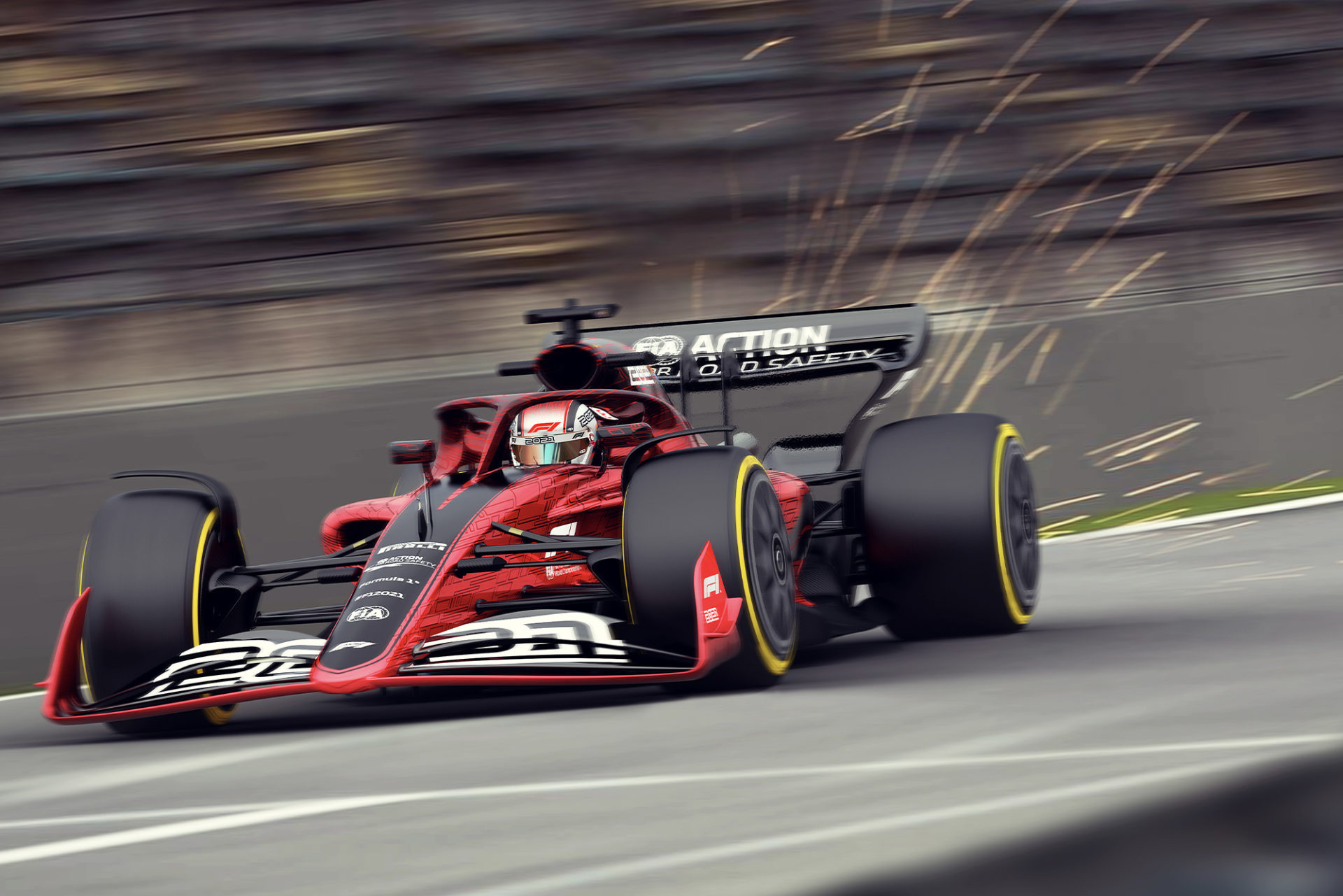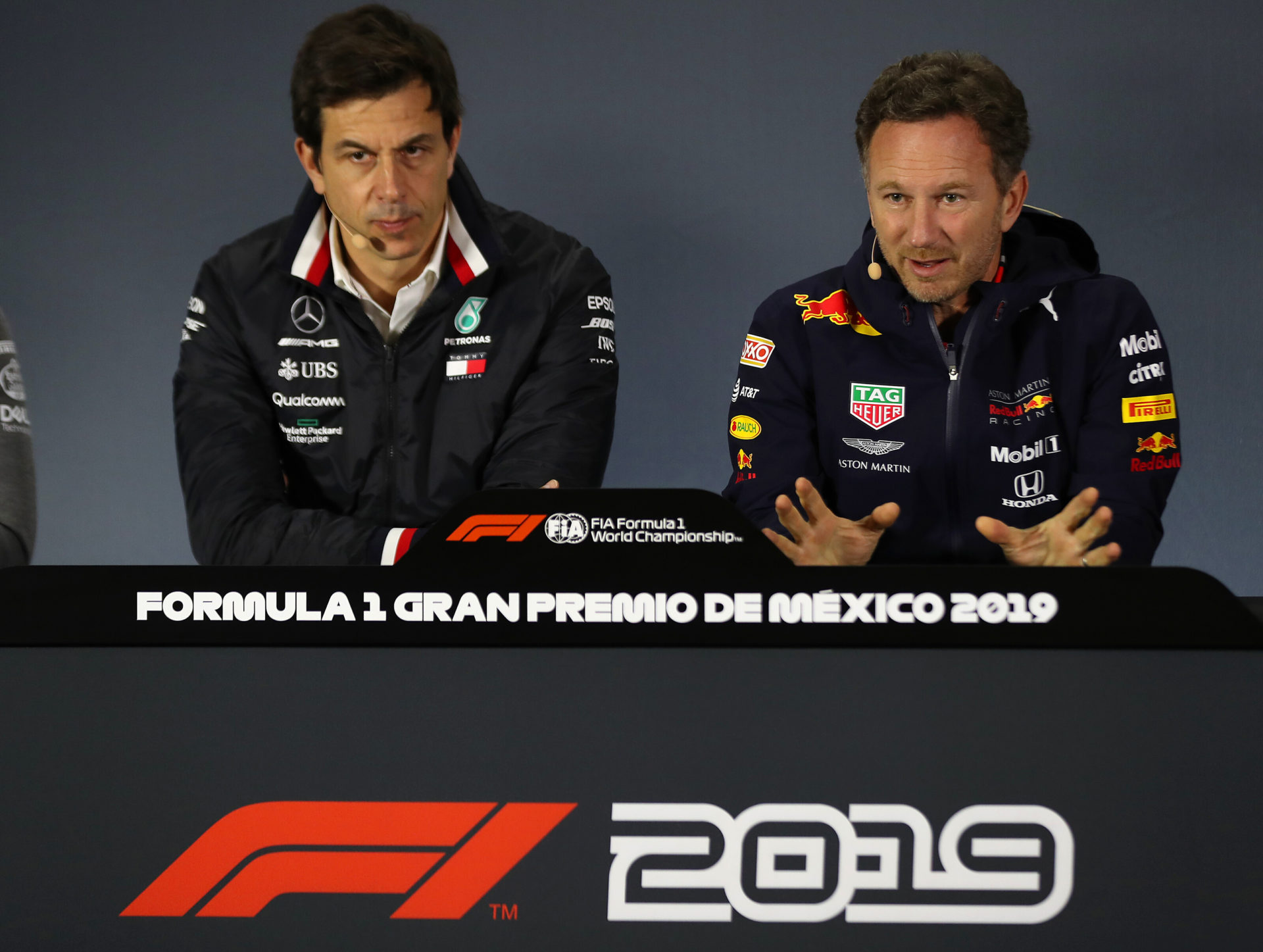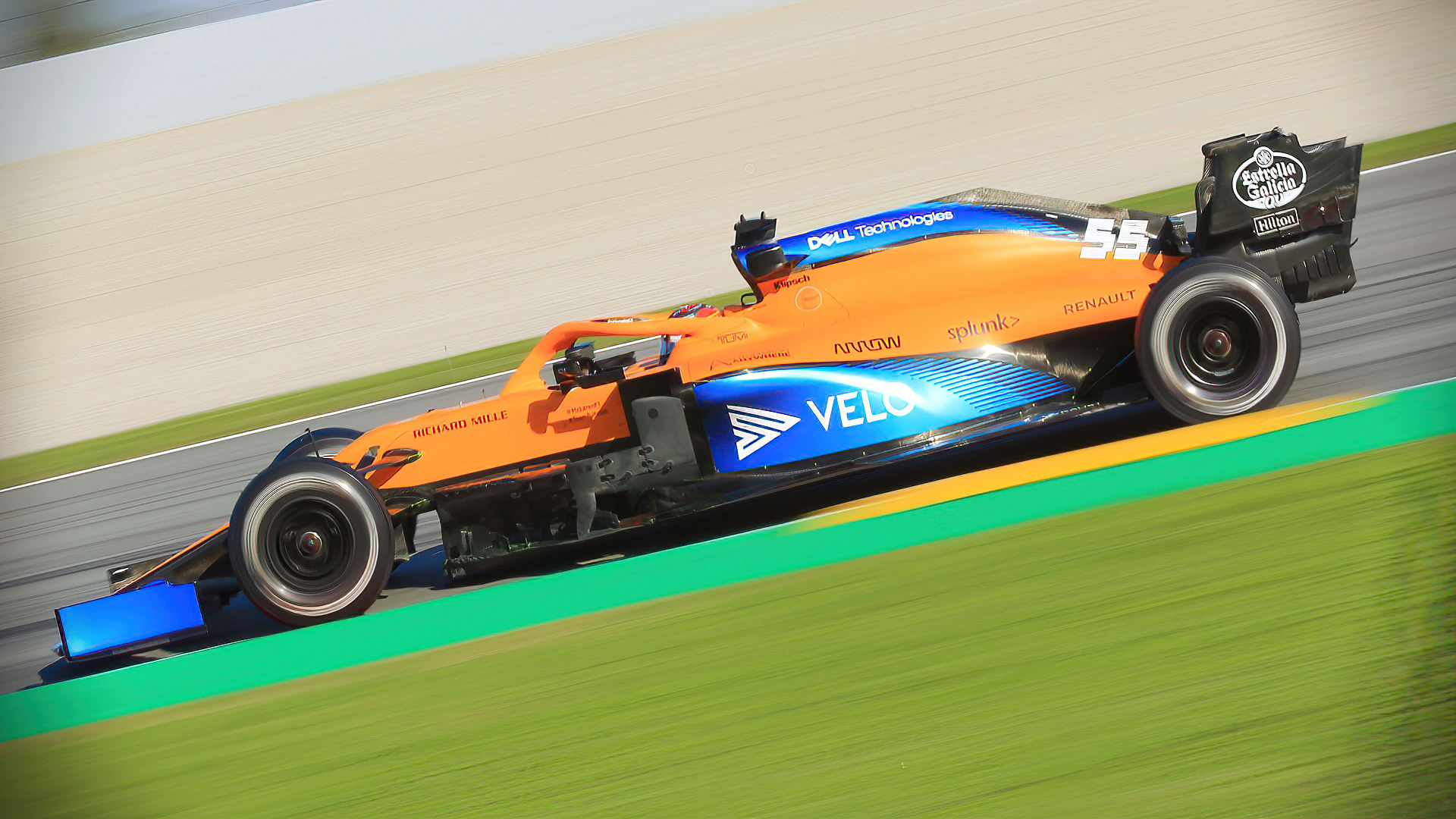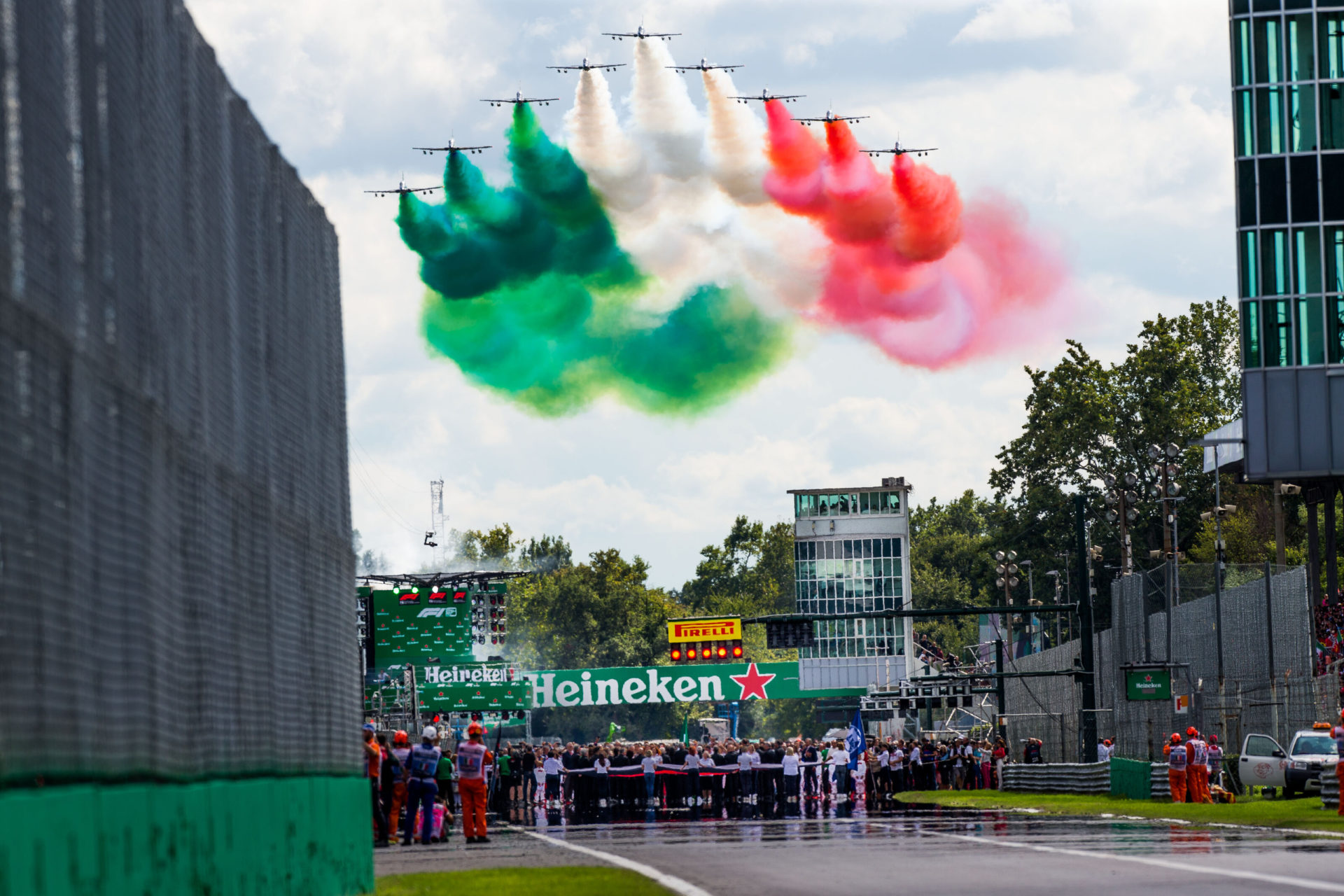There’s nothing quite like the charm of an F1 season with a major regulation change. In the buildup to seasons like this, we often tend to make bold predictions and engage in group discussions about what may happen in this exciting new era of the sport; by the time the first race of the season rolls in, the levels of exhilaration go beyond the roof and all that matters is Formula One!
The F1 2021 Season was about to be somewhat of a similar year. With a major financial and sporting regulation overhaul on the horizon, millions of F1 fans across the globe, including yours truly, could only think of what Formula One would be like in its new era. The dreams of a closely bunched field, harder racing and new champions have kept everyone on their toes but alas, this dream will have to wait another year to turn into reality.
The global Covid-19 pandemic has caused a great number of races in the 2020 F1 season to be cancelled and apart from this, its long term impact on F1 could be immense. ‘Apart from cancelling F1 races in 2020, how else could Covid-19 impact F1’, you ask? Let’s take a quick look at the changes that F1 has made and may have to make as a consequence of the Covid-19 pandemic.
The F1 2021 Technical Regulations
The brand new technical regulations were certainly the most intriguing aspect of the 2021 F1 season. The interest surrounding how much the new breed of F1 cars will aid overtaking was and still is something everyone wants to know the answer too. Unfortunately though, because of the global lockdowns, none of the teams can actually work in the factory to develop their 2021 cars. A result of this is that the F1 2021 technical regulations have now been postponed for 2022 and the 2021 season will now feature similar, if not the same regulations as the present season.
Thankfully however, the longer the wait, the sweeter the rewards feel!
The F1 2021 Financial Regulations
Instead of the new technical regulations, I am particularly keen to see how the new budget cap will plan out in the near future. Unlike the technical regulations though, the budget cap will indeed come in to play come 2021. This means that next season, teams will have to operate their development programmes under a budget of USD $175 million.
This has a huge advantage apart from potentially bridging the gap between all teams. Thanks to Mr Kunal Shah from the Inside Line F1 Podcast, I learnt that Formula One teams earn their revenues from one season in the following year. As a result, the cancelled races from 2020 would mean reduced revenues for 2021 for all teams. Having a budget cap in place here could cut down on spending for several big teams and perhaps, help them limit the damage better.
What does this mean for the McLaren-Mercedes deal and Aston Martin entering F1?
Normally, one may think that the McLaren-Mercedes deal was signed with the aim of commencing it along with the beginning of a new era of F1 regulations and they may have a fair point. However, the postponement of the application of the new rules to 2022 will have no impact on the McLaren-Mercedes power unit deal.
McLaren will use Mercedes power units in 2021 and this could see them face a bit of design issues as they may have to redesign the back end of the car to fit the Mercedes PU for 2021. Not only may this harm their tremendous recent run of performances, it can be quite a costly affair too.
As for Racing Point, changing their name to Aston Martin is purely a marketing affair. The new technical regulations being postponed to 2022 will have no impact on this name change at all and come 2021, ‘the pink panther’ will have a new name.
Who bears the losses?
There isn’t one stakeholder of the sport who won’t be financially impacted by the cancellation of races. Promoters miss out on earning ticket and tertiary revenues. Formula One misses out on race hosting fees, ticket revenue, broadcast revenue, advertising and merchandise. The broadcasters lose out on advertising revenue and media houses may face the same issue with falling audience numbers.
Teams may receive cuts from their central revenue payments from Formula One and other, less popular stakeholders like logistics partners, paddock clubs and hotels among others also lose out on a lot of business. Drivers and team members may continue to be paid, albeit at a lower rate or they may accept voluntary cuts too as many athletes have in recent months.
How does F1 recover from the pandemic?
Although it may seem simple to get going as if everything has been normal once the pandemic ends, things aren’t as straightforward as that. The financial losses that all parties involved in the sport may bear may be immense and recovering from it may take a while.
While some stakeholders may be impacted more than others, the pandemic truly has had a widespread effect on F1. As we have seen time and again, F1 will definitely bounce back and recover.
The question here is ‘when’ and not ‘if’.
Image credits: Red Bull Racing, Mercedes AMG F1 Team, F1.com




